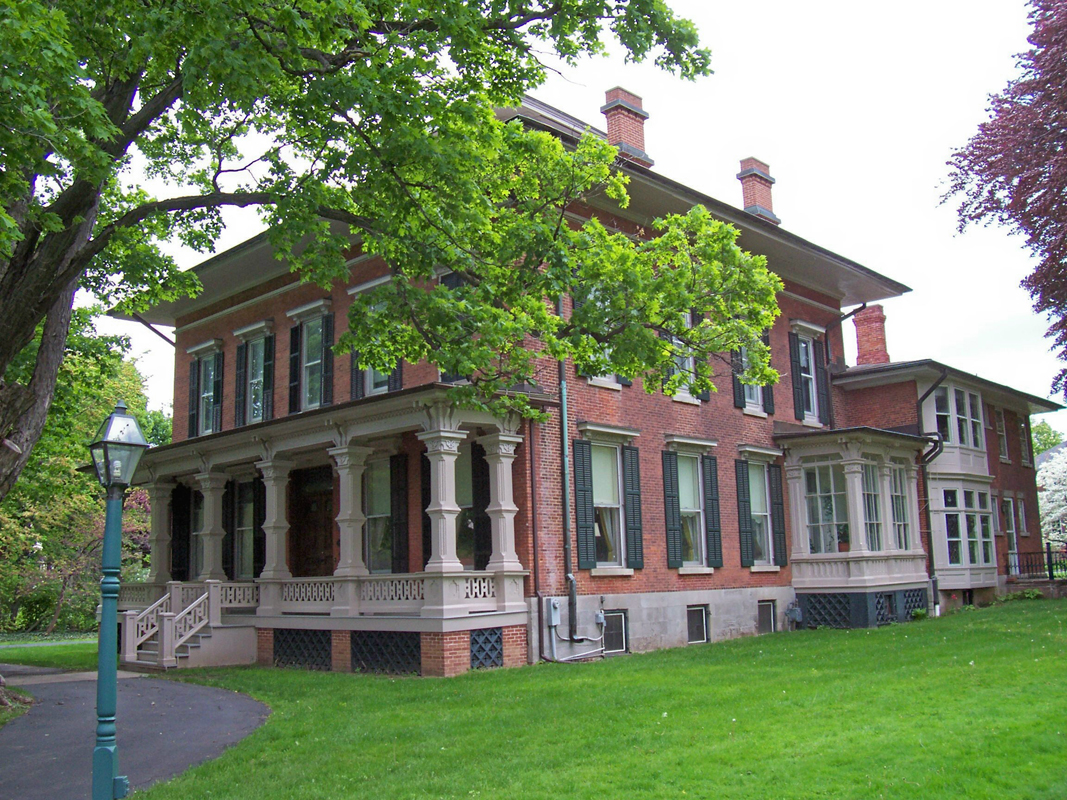Gardening and crisis mitigation

Things are developing so swiftly right now regarding the Coronavirus situation that I am not sure what exactly will be happening when this column runs at the end of this week. What I do know for sure, however, is that spring will have arrived and that gardens have always played an important role in helping us to get through difficult and uncertain times.
The ancient monasteries of the Middle Ages grew physic gardens with medicinal herbs. Caring for the sick was a priority for the monks. They helped those who had nowhere else to turn or no knowledge of how to treat disease. In more recent times, Victory Gardens planted during World War II helped to provide nutritious food for families during the years of rationing and the uncertainties of global conflict.
Vegetable gardens continue to provide a level of self-sufficiency for those who grow them. Home-grown fruits and vegetables can be eaten fresh or frozen, dried, and canned for long-term storage and future use. Right now, it’s too early for us to be harvesting much from our gardens, but it’s not too early to get outside and start spring cleaning, preparing beds for new plants and seeds. If you have crops like asparagus and rhubarb, it won’t be long until you begin to see growth, and salad greens can also be grown for harvest very early in the season.
Physical activity and nutritious food are essential right now as people work to boost their immune systems and stay healthy. Getting out in the fresh air to work in the yard and garden is a great thing to do for good health. In addition to providing open air and some “social distance,” outdoor work and exercise help to keep your blood moving and strengthen muscles.
Finally, here is some great news about gardening. Cornell University researchers have discovered a new species of bacteria which can actually help fight climate change. The new bacterium is named ‘madseniana’ after a microbiology professor who began the research but passed away in 2017 before being able to confirm the discovery. This bacteria is adept at breaking down organic matter. According to Cornell, that includes carcinogenic chemicals that are released from the burning of fossil fuels. This means the bacteria could help clean contaminated soils and serve as a key player in the soil carbon cycle.
In an article in the Cornell Chronicle, Dan Buckley, professor of microbial ecology says, “We know remarkably little about how soil bacteria operate. Soils, every year, process about seven times more carbon than all of the human emissions from cars, power plants, and heating units all over the world, just in their natural work of decomposing plant material.”
Buckley adds that even small changes in soil management can make a big impact on climate change.
So get outside and get to work in the garden. It will help to keep you healthy in the midst of a health crisis, boost your mood, and will help to keep our environment healthy as we work to understand and cope with changes in our climate.



